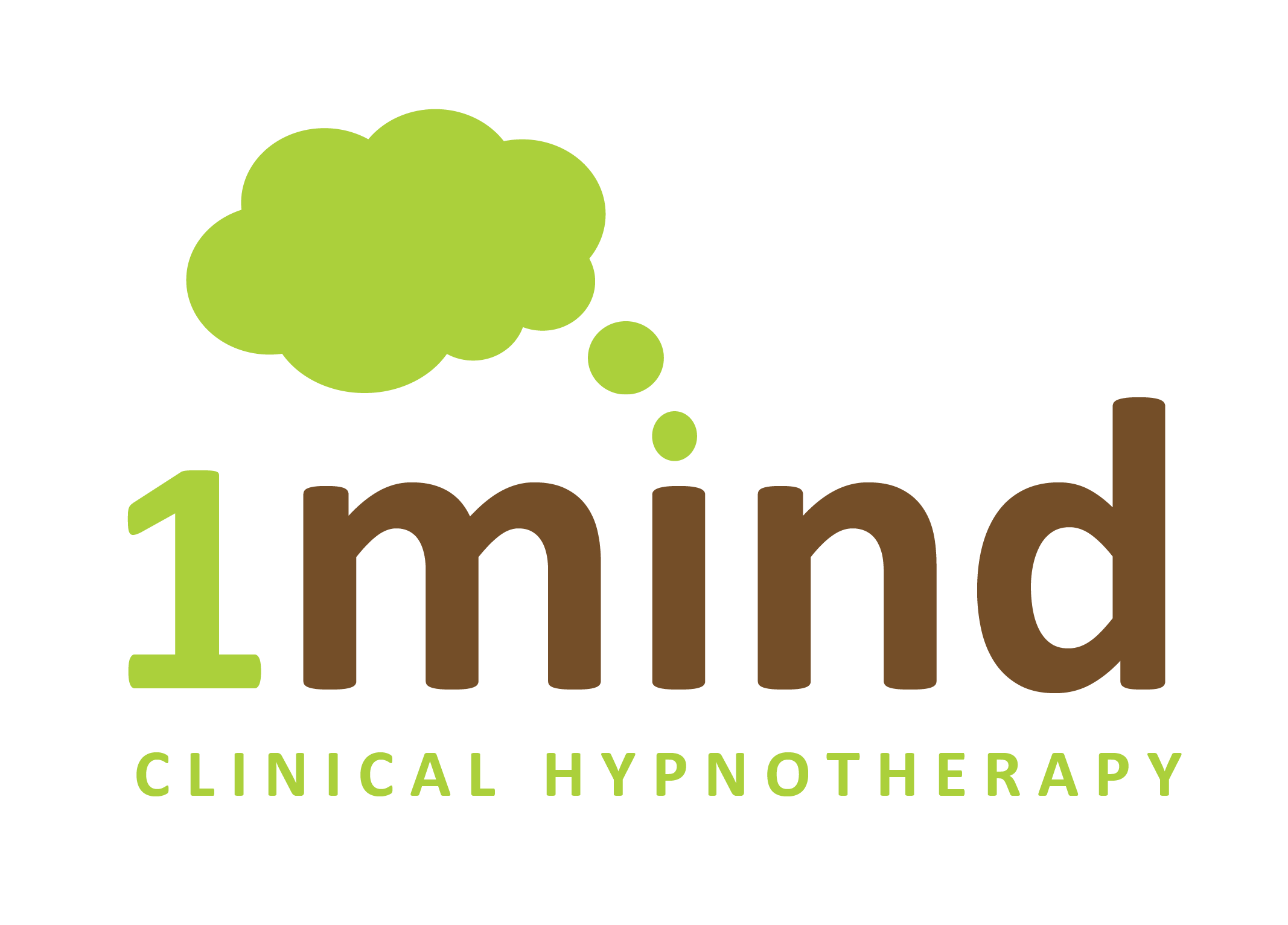Each year, children experience violence and disaster and face other traumas even at home or at school. Young people are injured, they see others harmed by violence, they suffer sexual abuse, and they lose loved ones or witness other tragic and shocking events. Parents and caregivers with EMDR can help children overcome these experiences or traumas and start the process of recovery at any time, even with emergency intervention. But what is trauma?
“Trauma” is often thought of as physical injuries when you break a bone etc. Psychological trauma is the result of an emotionally painful, shocking, stressful, and sometimes life-threatening experience. It may or may not involve physical injuries, but can also result from witnessing distressing events. I’ve treated many children who have seen such events only on TV or the News, but the affects have been the same, whether witnessed first-hand or through broadcast or social media which is rapidly growing in blame. Examples include natural disasters, building fires, reports of physical or sexual abuse, and terrorism – all things children perhaps shouldn’t see.
Watching disasters such as hurricanes, earthquakes, and floods which can claim many lives, destroy homes or whole communities, can cause serious psychological trauma, which can also be caused by acts of violence of anger in the home.
The September 11, 2001 terrorist attack on the World Trade Centre in New York is but one example of many. Mass shootings in schools or communities and physical or sexual assault are other common examples. The Grenfell Tower fire in London is yet another where I have personal experience of treating witnesses to those events.
Traumatic events can seriously threaten a child’s and even our own sense of safety, or perhaps the child becomes overwhelmed in fear of losing their parents when they go to work to a terrorist or accident or disaster. The good news is children with such symptoms can recover fully with EASY EMDR.
Reactions or responses to trauma can be immediate or delayed. Reactions to trauma differ in severity and cover a wide range of behaviours and responses. Children with existing mental health problems, past traumatic experiences, and/or limited family and social support may be more reactive to trauma.
Frequently I’ve seen and experienced responses from children after trauma with a loss of trust and a fear of the event happening again no matter how unlikely as adults we know that to be. It is much harder for a developing child’s mind to process or make sense of the actuality reality of a situation.
It’s important to remember:
- Children’s reactions to trauma are strongly influenced by adult response
- People from different cultures have their own way of reacting to trauma.
Here are some commonly experienced responses to trauma among children:
Children age 5 and under may react in a number of ways including:
- Showing signs of fear
- Clinging to parent or caregiver
- Crying or screaming
- Whimpering or trembling
- Moving aimlessly
- Becoming immobile
- Returning to behaviours common to being younger
- Thumb sucking
- Bedwetting
- Being afraid of the dark.
Children age 6 to 11 may react by:
- Isolating themselves
- Becoming quiet around friends, family, and teachers
- Having nightmares or other sleep problems
- Refusing to go to bed
- Becoming irritable or disruptive
- Having outbursts of anger or starting fights
- Being unable to concentrate
- Refusing to go to school
- Complaining of physical problems
- Developing unfounded fears
- Becoming depressed
- Expressing guilt over what happened
- Feeling numb emotionally
- Doing poorly with school and homework
- Losing interest in fun activities.
Adolescents, age 12 to 17 may react by:
- Having flashbacks to the event (flashbacks are the mind reliving trauma)
- Having nightmares or other sleep problems
- Avoiding reminders of the event
- Using or abusing drugs, alcohol, or tobacco
- Being disruptive, disrespectful, or behaving destructively
- Having physical complaints
- Feeling isolated or confused
- Being depressed
- Being angry
- Losing interest in fun activities
- Having suicidal thoughts.
Adolescents may feel guilty. They may feel guilt for not preventing an injury or someone’s death.
EMDR can resolve all of these and Fast. EASY EMDR bridges the gap between private professional treatment and home therapy – this could therefore be considered as First Aid for the Mind!

